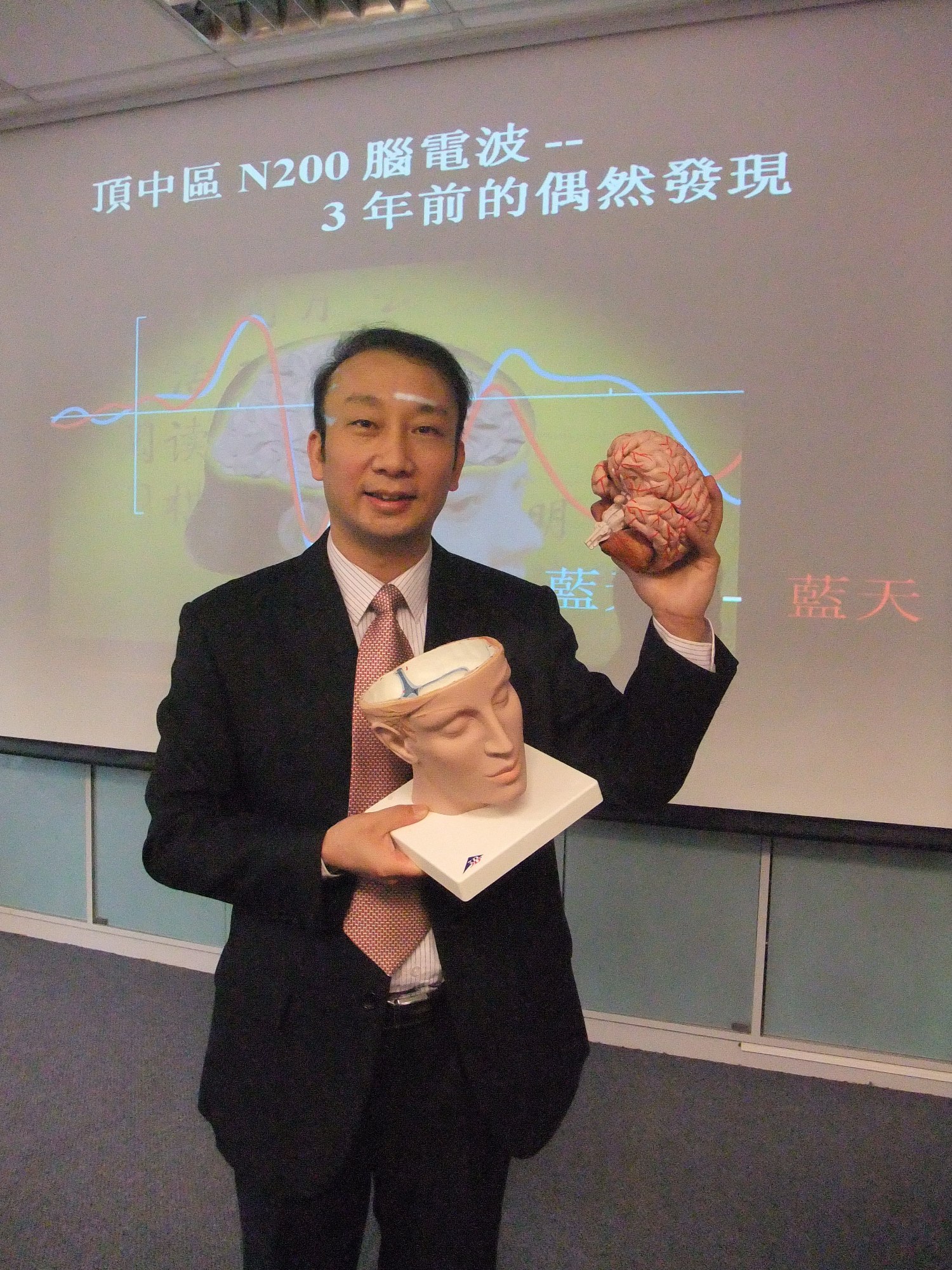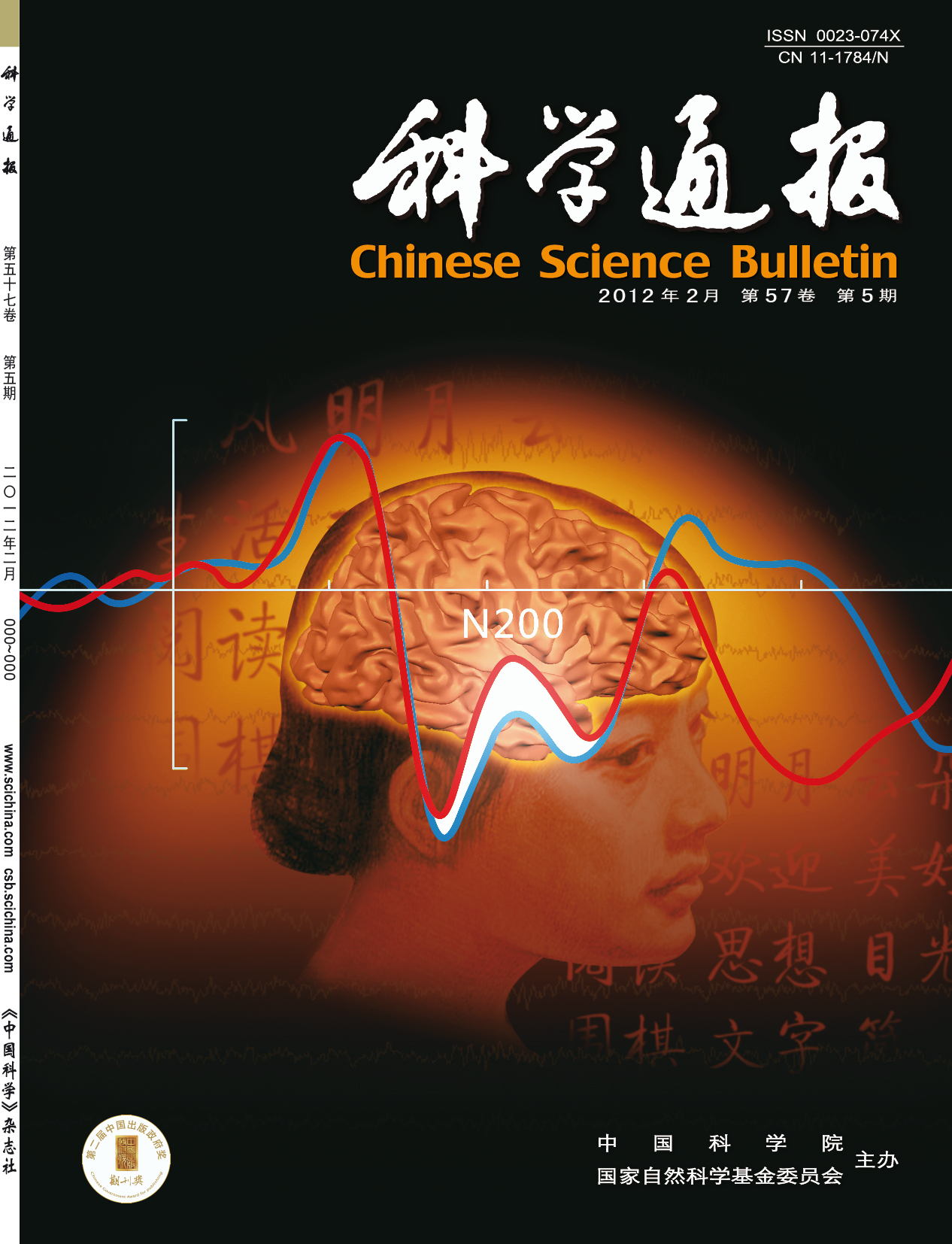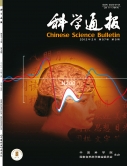CUHK
News Centre
Research on Chinese Characters Makes Cover Story in Chinese Science Bulletin
Prof. John X. Zhang of the Psychology Department at The Chinese University of Hong Kong (CUHK) and his team have recently made two achievements in the study of Chinese characters, establishing the uniqueness of the Chinese language both theoretically and empirically. He proposed a meaning-spelling theory that conceptualizes written Chinese as the only meaning-spelling script in the world, on a par with alphabetic script, which is the only other type of mature human written language. While an alphabetic script emphasizes sound assembly, a meaning-spelling script stresses meaning compounding. Secondly, using neuroscience techniques, Professor Zhang verified a new brain wave that is specific to readers of Chinese characters. This verification indicates that written Chinese is a visual script, rectifying a popular mistake treating Chinese characters as pictures. The results have recently been published as a cover story in the February issue of a well-recognized academic journal, Chinese Science Bulletin.
The several thousand written languages currently used in the world are all alphabetic except Chinese. Whether Chinese is still in a primitive stage of script evolution and needs to be abandoned for Romanization is a grand debate that has concerned national language policies as well as numerous intellectuals for the past hundred years, since the Revolution of 1911. From the perspectives of psychology and brain science, Professor Zhang proposed a meaning-spelling theory for Chinese language. ‘Written Chinese is a vision-based language while alphabetic scripts are audition-based. They are of different natures and conform to different scientific principles, and therefore it is neither possible nor necessary to Romanize the Chinese characters. Script is the soul of culture and culture is the soul of a nation. It is important to confirm the values of Chinese characters from a scientific point of view, enabling the Chinese people to enhance their confidence in and identification with the Chinese culture, and thereby promoting national cohesion.’
N200 brain wave verified to indicate written Chinese as a visual script
In addition to his theory, Professor Zhang further proves the uniqueness of Chinese characters with an empirical approach. He verified a new brain wave – N200 which is specific to readers of Chinese characters and does not exist in readers of alphabetic words. Due to the salient differences in visual form between Chinese and alphabetic scripts, extensive research had been conducted in the past 30 years to understand if they involve different brain mechanisms, yet no conclusion was reached. The N200 brain wave provides a critical scientific index to distinguish the cognitive processing of the two scripts. It indicates written Chinese is a visual script involving extensive visual processing, while alphabetic scripts are auditory by nature with much less emphasis on visual processing, which is consistent with the absence of N200 for alphabetic scripts. In addition, research shows that N200 is not present in pictures processing, indicating that Chinese characters are very abstract visual symbols and rectifying a popular mistake treating Chinese characters as pictures.
The verification of N200 has furthered the understanding of the universal nature of human language and intelligence. Reading is one of the most important skills in modern civilized society, and language education is crucial to enhancing the quality of the population. Professor Zhang added, ‘In the past hundred years,China has been affected by the western culture. It is claimed by some that the Chinese culture should be held responsible for the backwardness in science, education and social systems of China. For example, Chinese characters were considered primitive and inferior to alphabetic scripts, leading to three major debates in which the country seriously considered abandoning Chinese characters. Our research shows that Chinese script is not inferior to alphabetic scripts at all and the different history of evolution of the two reflects two different types of civilization. China is the only nation to develop meaning-spelling script, thanks to our unique culture and civilization.’
Since its publication last August in Journal of South China Normal University, the meaning-spelling theory paper was soon re-published in full by the Academic Abstract of Higher Education of the National Bureau of Education. The research on N200 was published on 20 February in Chinese Science Bulletin, a natural science journal in China, as a cover story. Last year, Professor Zhang presented his research results in over 30 institutions around the country, including CUHK, Hong Kong Institute of Education, Peking University, Tsinghua University, Fudan University, Chinese Academy of Sciences, Beijing Normal University, Capital Normal University and Southwestern University.
Biographical sketch of Prof. John X. Zhang
Professor Zhang has been dedicated to brain research and psychological research on language and his two recent research achievements are the cream of his over twenty years’ scientific exploration. His research has been funded by the National Natural Science Foundation, the National Bureau of Education and direct grants from CUHK. The verification of N200 reflects a joint effort between CUHK and mainland research institutions, including Peking University, Institute of Psychology of the Chinese Academy of China, Shantou University, Capital Normal University and Guangzhou University. Professor Zhang started his college study at the age of 15, entering the famous ‘Class of the Gifted Youth’ (Juvenile Class in the University of Science and Technology of China (USTC)). He obtained a bachelor’s degree in physics in 1989 from USTC and a master’s degree in experimental psychology from the Beijing Graduate School of USTC in 1992. He later went to study in the U.S. under the supervision of world famous scholars and obtained his Ph.D in psychology from Princeton University in 1999. Before joining CUHK in 2006, he was a Research Associate at Yale University and The University of Hong Kong. Professor Zhang has published many SCI papers and completed two projects on Chinese characters using brain and neuroscience techniques, funded by the National Natural Science Foundation. Professor Zhang served as a visiting professor of Beijing Normal University and vice director of the Guangdong Key Lab of Medical Molecular Imaging in the Medical College of Shantou University. He is currently adjunct full professor and Ph.D Supervisor of the Medical College of Shantou University and Invited External Ph.D Supervisor of the South China Normal University of China.







